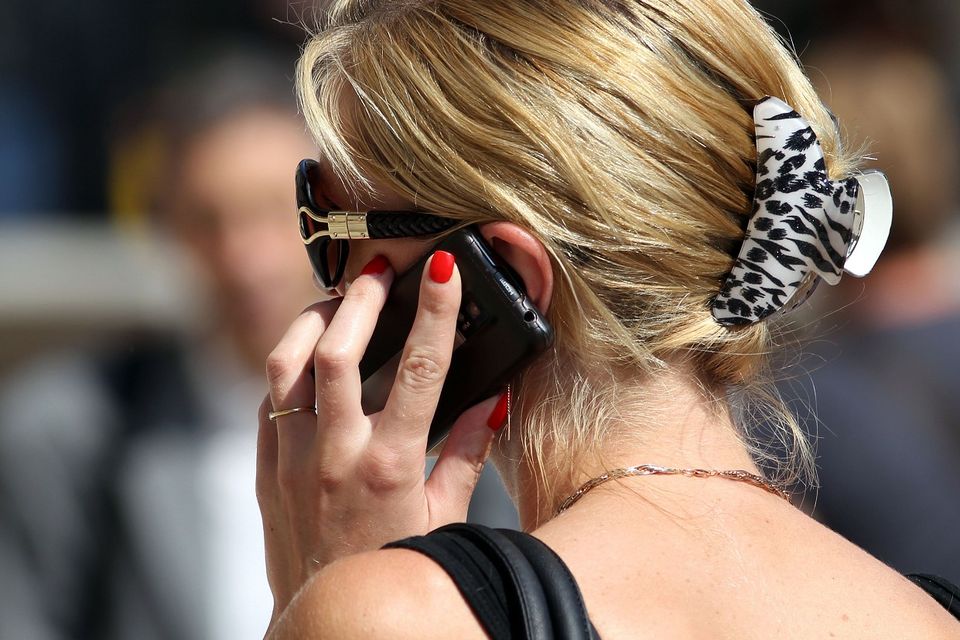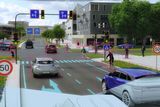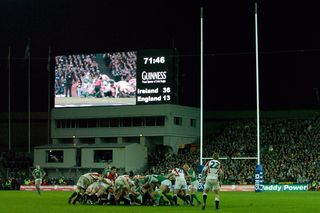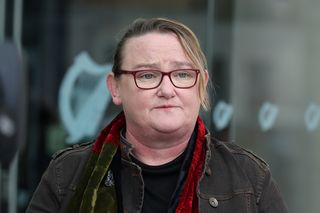Mobile phone coverage could be the tech election issue
'Comreg says that if people are having more difficulties connecting to calls, it could be the new-fangled smartphones they’re using'
What is the biggest election issue in tech? Broadband coverage? Data privacy? Eircodes? Nope. Judging by what Irish TDs are shouting about, it's mobile phone coverage.
Last week, an Oireachtas committee of TDs and Senators went nuts over mobile phone signals outside cities.
"45pc of this state has no mobile phone coverage," barked Cork Fianna Fáil TD Michael Moynihan at a joint Oireachtas committee held to quiz telecoms regulator Comreg on a variety of issues. "There is a savage crisis out there."
This is partly bluster: Moynihan has no evidence to base his 45pc figure on, nor would he answer basic queries from this newspaper on the matter last week. But his pre-election huffing and puffing isn't in isolation. TDs are now routinely zeroing in on allegedly poor mobile phone coverage as their constituents' biggest tech challenge.
Their basic charge is that mobile phone signals for voice calls have weakened in recent years. People who used to be able to make calls at home or on a commuter route, they say, cannot anymore. The mobile operators would appear not to be living up to their promises.
Are they right? Comreg says they aren't. The telecoms watchdog has tested mobile signal strength around the country (a 5,500km trail) and published the results earlier this month. They purport to show over 90pc mobile coverage (by population) nationwide with no fall-off in signal strength in recent years.
Comreg says that if people are having more difficulties connecting to calls, it could be the new-fangled smartphones they're using.
"Smartphones can be much worse at call reception than older Nokia phones," said Gerry Fahy, Comreg commissioner and its most senior mobile specialist. "Some tests show that they can only be 10pc as effective as older phones at making and taking calls."
There is some truth to this. Handsets such as iPhones and Android phones are known to leave less space for antennae, which may result in patchier signal capture. It's not a problem in a city blanketed with strong 3G or 4G signals. But because operators are only required to reach 70pc of the population with newer 4G networks, much of what exists in rural areas is made up of the old 2G signal. And because rural TDs, along with many of their constituents, may only have switched over to smartphones in the last four or five years, this may explain why they say their reception has deteriorated in that timeframe.
But there are other reasons why mobile coverage is not what it might be.
Planning is a big one. In Ireland, one in three planning applications for mobile masts or infrastructure is currently turned down. Residents in blackspot areas often refuse to countenance a mast anywhere in the vicinity. The reasons range from unsightliness to health. Some local councils still give succour to fears that masts "fry the brains" of children within a kilometre of the equipment. (They don't.)
Others just don't want any sort of visible extrusion. A stand-off in Dublin's posh Monkstown suburb is currently under way because locals won't allow a small rod to be tacked on to a lamppost. This is despite widespread complaints that it's a "disgrace" that mobile coverage is poor in the area.
The situation is compounded by TDs riding the objectioneer bandwagons. Last year, Cork North West's Fianna Fáil TD Michael Moynihan criticised proposals to provide mobile masts alongside roads in blackspot areas. He then loudly criticised "the powers that be" about poor mobile coverage.
Simply put, a surprisingly large number of people see no conflict between demanding better mobile coverage and criticising any attempt to build the infrastructure that might deliver it.
Sadly, no-one wants to take responsibility for this. Contrary to what TDs might have you believe, they are actually in charge of the situation. Comreg cannot suddenly order mobile operators to provide mobile coverage to all areas and homes. They currently operate under licensing law approved by Michael Moynihan and his Dáil colleagues stating that only 70pc of the Irish population needs to covered by a 4G mobile phone signal (rising to 80pc for 3G). There are no proposals from any political party to increase that population coverage threshold or to make mobile operators into utilities with universal service obligations.
TDs and councils have the power to improve mobile coverage. But they're too afraid of voters to do it.
Join the Irish Independent WhatsApp channel
Stay up to date with all the latest news















